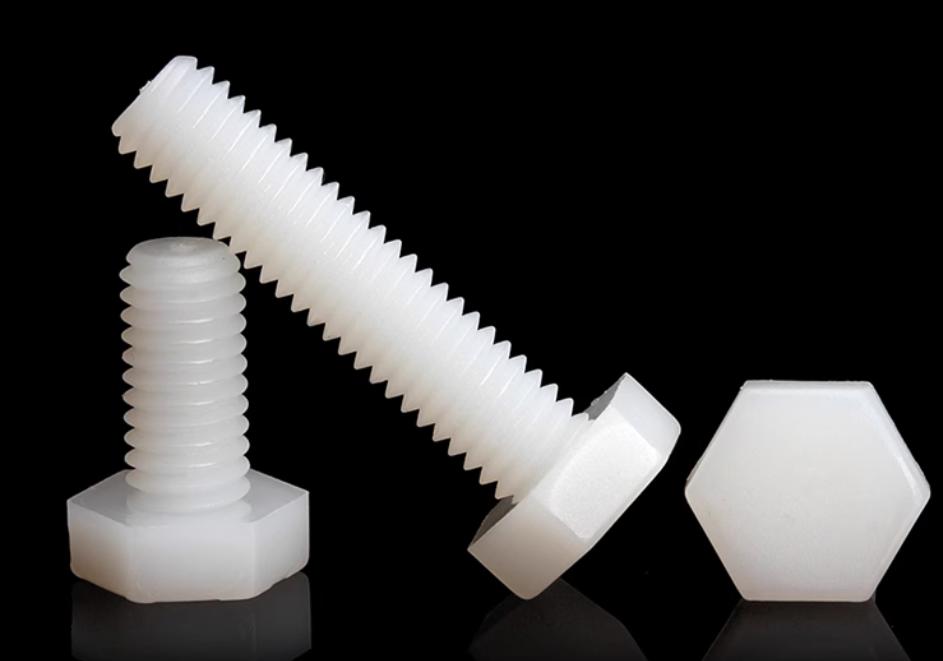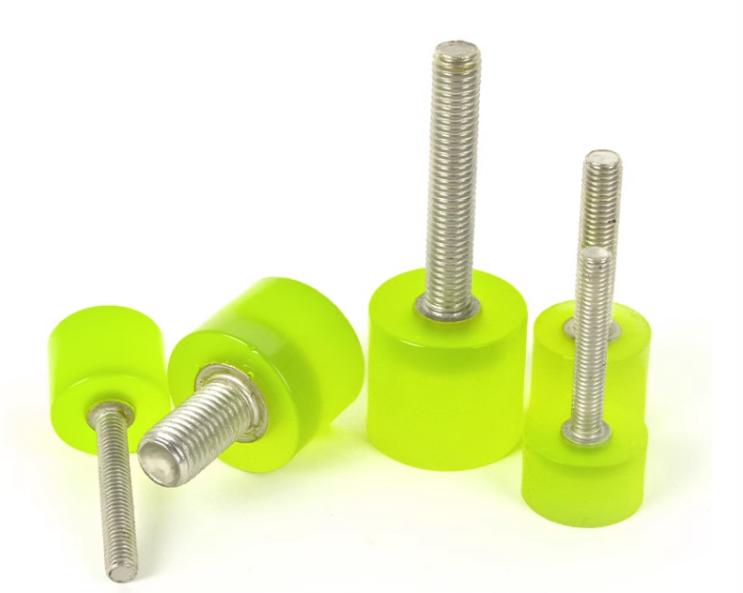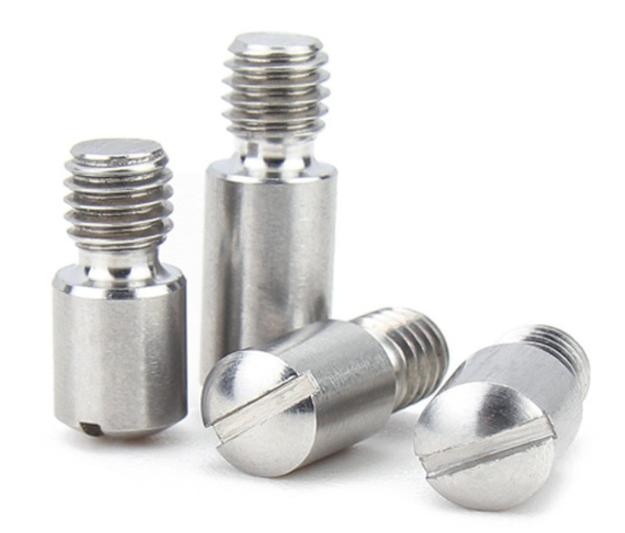What Are the Different Materials of Wood Screws and What are Their Applications
Wood screws are a fundamental component of woodworking and construction projects. They play a crucial role in securely joining pieces of wood, ensuring the structural integrity and longevity of various creations. While these seemingly simple fasteners might not receive much attention, they come in a wide array of materials and designs, each tailored to specific applications. In this article, we will delve into the world of wood screws, exploring the different materials used in their production and their diverse applications.

Functions of Wood Screws
Wood screws are threaded fasteners that are used to join wood together. They have a sharp point that helps them penetrate the wood, a threaded shaft that provides grip, and a head that allows them to be turned with a screwdriver or power drill. The type of wood screw that is used can significantly impact the success of a project, as different materials offer different properties and benefits.
Different Materials Used to Make Wood Screws
Steel Wood Screws
Steel wood screws are among the most common and versatile options available. They are typically made from hardened steel, which provides exceptional strength and durability. Steel wood screws can withstand high loads, making them suitable for various applications, including construction, furniture making, and general woodworking. They are also available with zinc or other coatings to enhance corrosion resistance, making them suitable for both indoor and outdoor use.
Stainless Steel Wood Screws
Stainless steel wood screws are known for their exceptional resistance to rust and corrosion. These screws are an excellent choice for outdoor applications or projects where moisture exposure is a concern. While they are more expensive than their steel counterparts, their longevity and low maintenance requirements make them a cost-effective choice in the long run. Stainless steel wood screws are often used in decking, outdoor furniture, and marine applications.
Brass Wood Screws
Brass wood screws are prized for their decorative appeal. They add a touch of elegance and sophistication to woodworking projects, making them ideal for applications where aesthetics matter. However, brass screws are not as strong as steel or stainless steel screws, so they are best suited for projects that don’t require heavy-duty load-bearing capabilities. Common uses for brass wood screws include cabinetry, antique furniture restoration, and other decorative woodworking applications.
Bronze Wood Screws
Bronze wood screws share some similarities with brass screws, but they offer increased corrosion resistance. This makes them particularly suitable for outdoor applications and projects exposed to high moisture levels. Bronze screws maintain their attractive appearance over time and can endure the harsh elements, making them an excellent choice for projects like boat building, outdoor structures, and garden furniture.

Various Applications of Different Material Wood Screws
Now that we’ve explored the materials used in wood screws, let’s consider their applications in greater detail.
- Steel Wood Screws: These are the workhorses of wood screws, suitable for a wide range of applications. They are used in construction to secure framing members, in furniture making to assemble sturdy joints, and in woodworking for various general-purpose tasks.
- Stainless Steel Wood Screws: Ideal for applications where corrosion resistance is paramount, stainless steel wood screws excel in outdoor construction projects such as deck installations and for assembling outdoor furniture.
- Brass Wood Screws: Brass screws are primarily used in decorative woodworking, where their aesthetic appeal enhances the overall look of the project. They are common in cabinetry, antique restoration, and custom furniture making.
- Bronze Wood Screws: Similar to brass screws but with superior corrosion resistance, bronze screws find a home in outdoor and marine applications, such as boat building, docks, and garden structures.
Conclusion
Choosing the right wood screw for a specific application is crucial for the success and longevity of your woodworking or construction project. Consider factors such as material compatibility, load-bearing capacity, and aesthetic requirements when making your selection. Additionally, always use the correct size drill bit to prevent the wood from splitting and ensure a secure, long-lasting connection. Whether you opt for the strength of steel, the elegance of brass, or the durability of stainless steel or bronze, understanding the diverse world of wood screws empowers you to create projects that stand the test of time.








